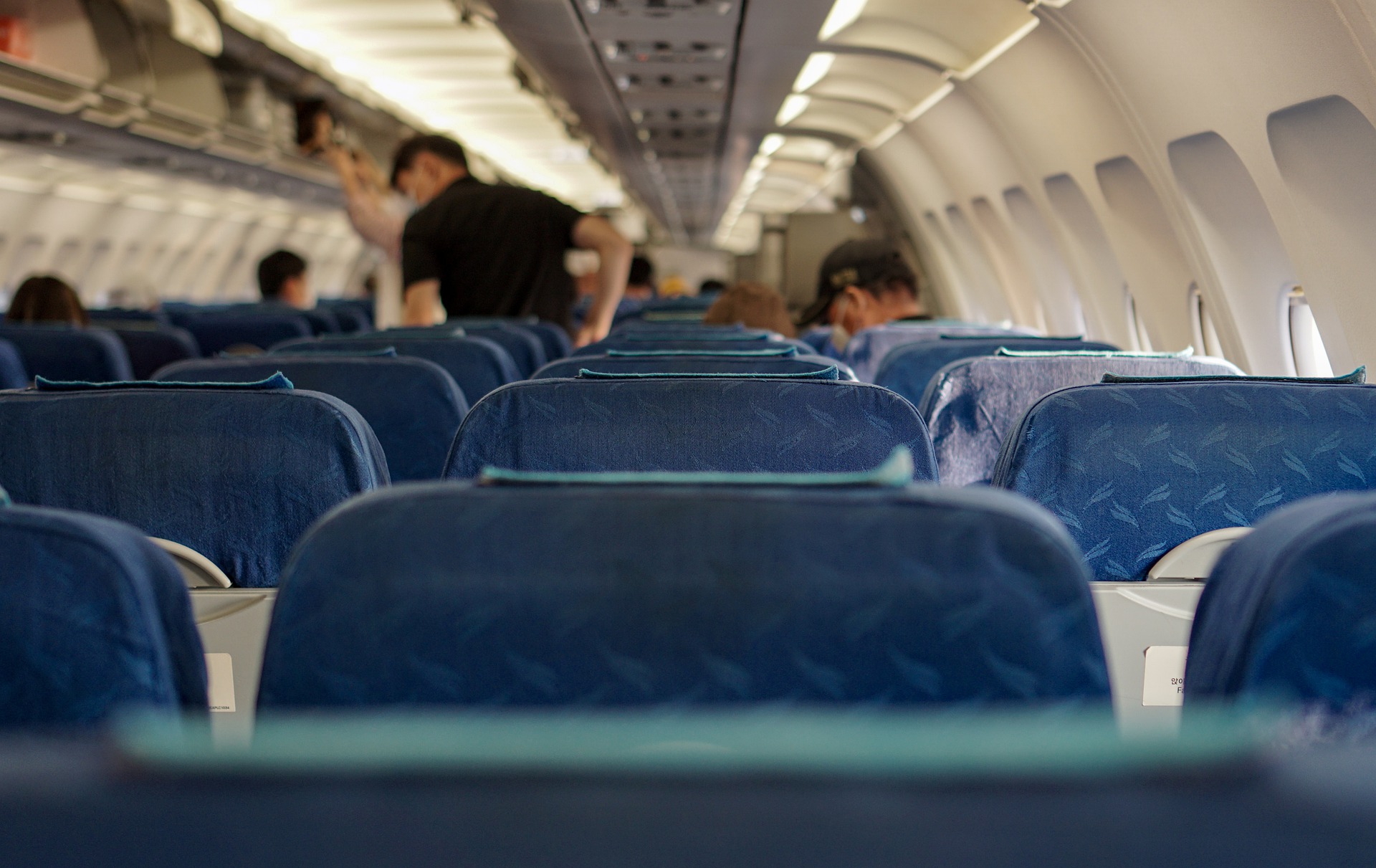The Russia-Ukraine conflict is likely to have far-reaching effects on the global aviation industry, and several airlines and plane manufacturers are already realigning their business strategies in response to the disruption.
Several western countries and Asian airlines have suspended services and cut ties with Russia, a blow for the sector already reeling from the Covid-19 pandemic. Although the Asian exposure to Russia and Ukraine aviation sector is relatively low, the conflict can still affect business in the region.
Impact of sanctions
Russia has been placed under economic sanctions, and several of the countries’ financial entities have been barred from the cross-border payments messaging service SWIFT. This disrupts payments to aircraft leasing firms.
Additionally, restricted access to Russian airspace impacts the Europe-Asia corridor, as airlines now must look for alternate routes. An analysis by Reuters sees restricted access to air corridors across Russia of about 26 million square km, a vital trade intersection. This increase costs significantly, slowing down the recovery of the aviation sector after pandemic-led closures.
Western airlines have expressed concerns over the disruption in overflights to Asia, India and the Middle East as Russian and Ukrainian airspace becomes dangerous to fly. In 2014, Russian-backed separatists in Ukraine had shot down Malaysia Airlines flight MH17 using a Russian missile, killing 283 passengers.
Setback for Asian aviation industry
Route cancellations and changes have marred Asian as well as European airlines. Europe-Asia air travel and freight market are seeing major repercussions.
Japan Airlines (JAL) and All Nippon Airlines have cancelled several flights to Europe that would usually fly over Russia, says market research firm Centre for Aviation (CAPA). JAL also had to cancel flights from Tokyo to Moscow, Paris, Helsinki and Frankfurt. Western Europe accounted for 13.1% of JAL’s international seat capacity just before the cancellations were announced. All Nippon Airways has cancelled routes between Tokyo and London, Paris and Frankfurt.
Singapore Airlines has halted flights to Moscow, while Australia’s Qantas is rerouting flights to avoid Russian airspace. Also Korean Air has cancelled its Moscow flights for the next two weeks.
Malaysia Airlines, considering the tragic history, has been avoiding the airspace over Ukraine, Belarus and Russia for some time now and does not see its flights to London being affected.
Billion-dollar planes lie unused
Russian airline firms have 980 passenger jets in service, of which 777 are leased, as per data from analytics firm Cirium. Almost 515 jets are rented from foreign firms and have a total estimated market value of about $10 billion.
Japan’s SMBC Aviation Capital, a unit of Sumitomo Mitsui Financial, has a large exposure to Russia and is likely to be among the most hit lessors due to economic sanctions. It has 36 aircraft rented to Russian carriers, about 11% of its global fleet.
China’s BOC Aviation too has stakes in Russia’s airplane leasing market leasing 18 jets to Russian carriers. Rentals from the country make up 4.7% of its global fleet.
Hong Kong-listed China Development Bank Financial Leasing has rented 16 planes to Russian carriers, or 7% of its global fleet.
ICBC Financial Leasing and Goshawk are two Asian lessors that are likely to be affected, but details of their exposure to Russia is unknown. Avalon, jointly owned by China’s Bohai Leasing and Japan’s Orix has leased 14 aircrafts, or 3% of its overall fleet, to Russian Airlines.










 Australia
Australia China
China India
India Indonesia
Indonesia Japan
Japan Malaysia
Malaysia Philippines
Philippines Singapore
Singapore South Korea
South Korea Taiwan
Taiwan Thailand
Thailand Vietnam
Vietnam Germany
Germany Hong Kong
Hong Kong USA
USA Switzerland
Switzerland Singapore
Singapore
 United Kingdom
United Kingdom








